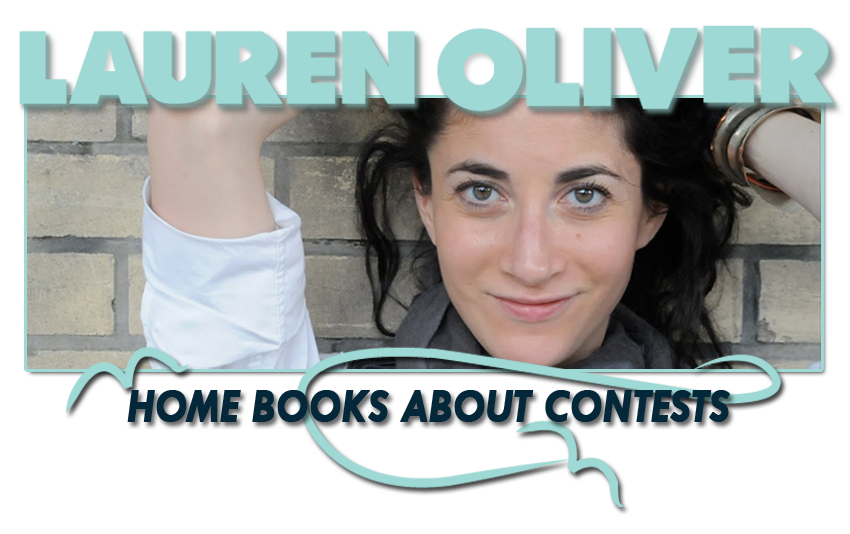"You look beautiful," he said nervously.
"I can't wait for tonight," she said excitedly.
"I can't believe you," he said angrily.
What do the bolded words have in common? They're all adverbs, and they're all evil. Like, Lord-Voldemort evil.
Kill them now, or your writing career is in great peril.
Here's why:
We've all heard the old adage "Show, Don't Tell." In some cases, of course, that's not feasible. Sometimes you just want to give us some factual information about a character--so-and-so is fifty-four, such-and-such has blond hair gone prematurely gray. Whatever. Occasionally telling is fine. In fact, "telling" is an essential part of narrative.
But when it comes to revealing what your characters feel, the beauty of fiction lies in the discovery.
The best fiction is greater than its parts. in other words, all fiction consists of action, exposition, and dialogue (although I tend to include dialogue as part of action). But in great fiction, the juxtaposition of these three things allows you, as the reader, to discover emotional truths not just about the characters in the book, but about yourself. You get to "read" yourself into the book, and see yourself reflected there; but in order for this to happen, you need room to insert yourself, mysterious spaces that don't TELL you how to feel, but allow you to grope your way in on your own.
That is why showing and not telling is so important.
Take the second example above:
"I can't wait for tonight," she said excitedly.
This sentence, written as is, establishes with the reader the relationship of strict teacher to unruly child. In other words, this sentence says: here is everything you have to know, and don't ask why. It's just because I said so.
On the other hand, take this sentence:
"I can't wait for tonight," she said, wrestling a t-shirt over her head. She didn't seem to notice that she'd put it on inside out.
In this case, the reader has to do work--unconsciously or consciously--to determine the emotional state of the character. She's excited--she even says so--but she's also excited to distraction. Something big is going to happen tonight, or at least the character expects it to, and the anticipation is totally consuming her.
All of this work has occurred in a fraction of a second in the reader's head, probably without him/her even realizing it. So the relationship here is one of cooperation: I wrote a sentence, but it must be interpreted and enlivened by the reader. I have reached out my hand; in order for the sentence to work, the reader must reach out and grab my hand back.
We are now connected.
That is, of course, also one of the roles of good fiction: it connects you to something outside yourself.
So let's all agree: Down with adverbs!!
skip to main |
skip to sidebar

Check out the rest of the links to buy the book here. Only a few weeks to go till its release!

Go ahead... Snoop around
Get Pandemonium!
Followers
Archive
-
▼
2010
(108)
-
▼
October
(10)
- DELIRIUM TRILOGY TITLE WINNERS!!
- Writing Challenge--Scary Halloween Edition!
- DELIRIUM TWO--Titling Contest UPDATE!
- VERY SPECIAL BLOG POST!! Rebecca Serle, and Why Sh...
- The Evil of Adverbs
- Dialogue Tips: A Balancing Act
- James River Writer's Conference--My Very First Time!
- Dialogue Writing Challenge: Your Responses!
- Want to Hear Me Talk About Things??
- Friday Writing Challenge!
-
▼
October
(10)



9 comments:
Great post! I learned early on in my MFA program that adverbs were my enemy- but believe me at one point I was using them like they were about to go out of style. Now, every time I write making sure not to put in adverbs is the only thing I do as far as self-editing. I try to NEVER use them, but I do wonder- is it okay to throw one in there every now and then, or is it an ABSOLUTE COMPLETE no-no?? I think I'll be fine without them now, but it was a torturous break up when I first let go of the "lys."
My name is Amber and I overuse adverbs.
I really enjoyed reading this post and definitely going to make sure I show rather than tell in my current WIP.
Great post! I remember when I first began my MFA program, I circled all of the adverbs in my classmates' stories and suggested using something else, such as describing the action. I remember Stephen King saying that adverbs were evil, and I always listen to Uncle Stevie. But my professors dismissed my suggestions and told everyone they weren't that big of a deal. Huh?? I keep quiet now, but still cringe when I see an abundance of them.
Yes, use adverbs sparingly!
For me, I used adverbs a lot because that's how I was taught in school (or qualifiers, as my textbook likes to call them). In academic papers adverbs are key to describing a subject in the minute detail needed for arguments and evidence, but it just doesn't translate well to fiction writing. Somebody needs to stress that: writing a book has almost NOTHING to do with what you've learned in school. Totally different ballpark. And I don't even want to count how many adverbs I've used in this comment.
This has helped tremendously! Great post.
Great post!
Great advice - thanks so much :)
Somewhere my writers group is laughing at remembering telling me these same things when I first started writing. I still love the word flippantly though. That one I'm holding on to. ;)
Post a Comment